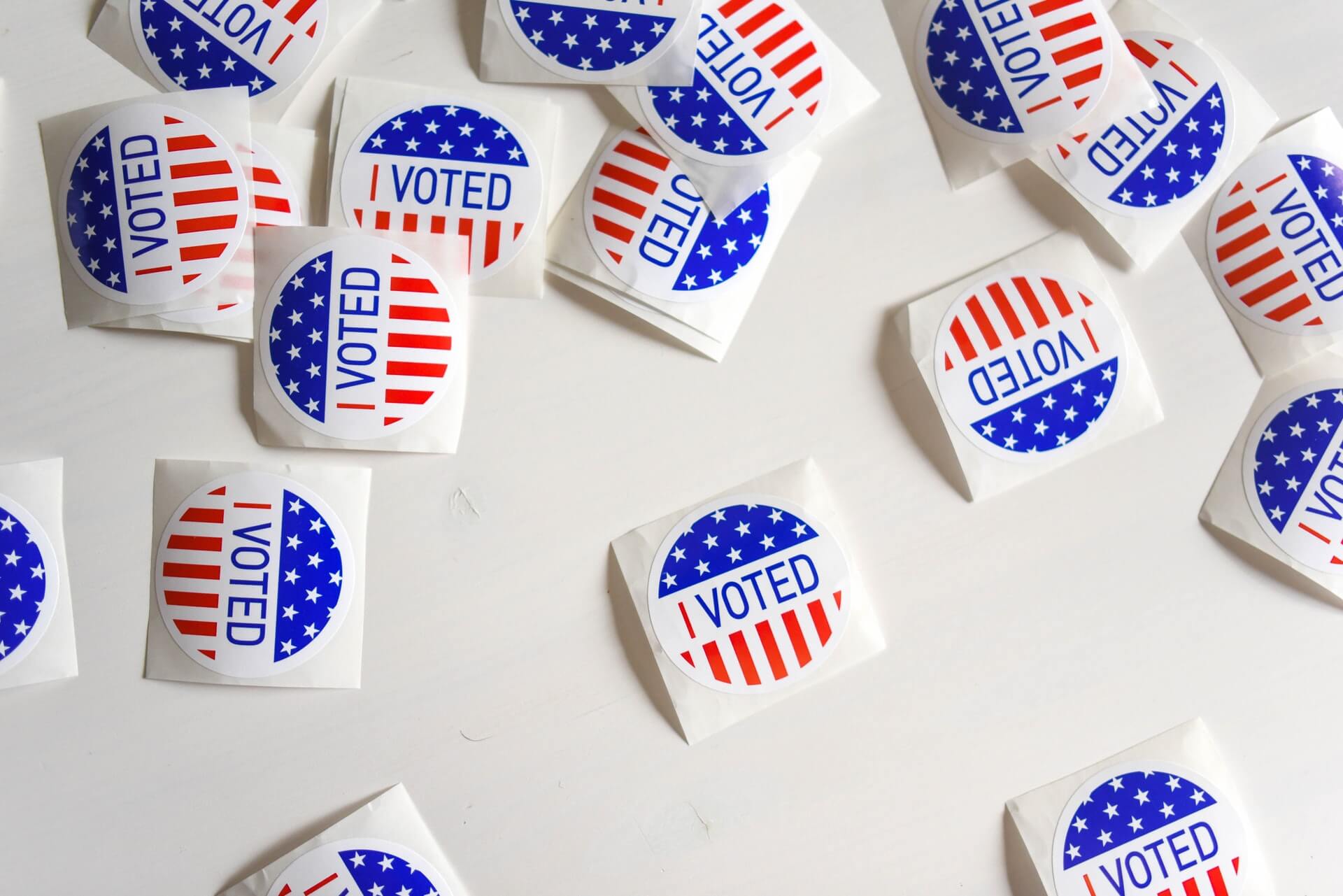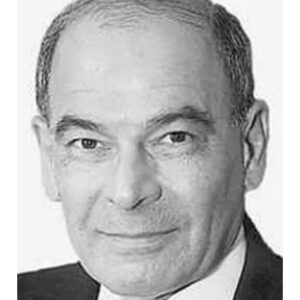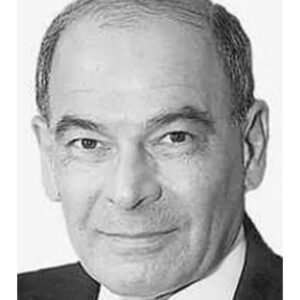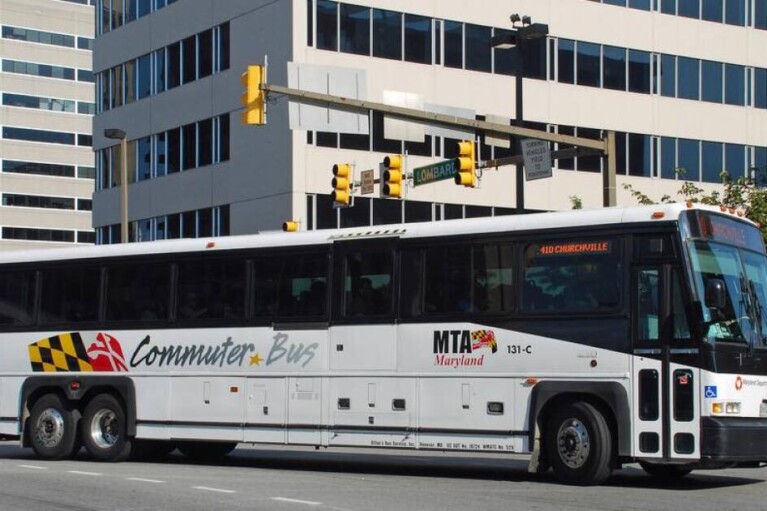Frank A. DeFilippo: When the Circus Came to Town

Recall, if you will, the arrival of the circus in town and you have a pretty good idea of what elections used to be like. Election days were celebratory occasions. There were sound trucks, bands, an occasional float, mini-parades, poll workers queued up like receiving lines and all manner of printed material snow-flaking the precincts.
Temperance was the Election Day rule, notably in Baltimore City, though enforced only in the breach. Taverns and bars were closed to prevent unruliness and the exchange of alcohol for votes, but that prohibition only encouraged the elevation of the pocket-sized half pint to an acceptable form of currency with thirsty and vendible voters.
And true to custom, the weekend preceding the election was payday, the solemn occasion when precinct captains trooped to clubhouses and meeting halls to collect the coin of the realm – walk-around money – and the guessing game was how much of the boodle would actually make it back to the precincts and the intended Election Day workers, whose stipend for the day (and their vote) was usually $25.
Another great tradition on the Sunday before election was the $50 sermon, the fee paid to selected preachers to boost certain candidates from the pulpit. In one instance, an observer stood in the rear of the church to make certain the preacher delivered the appropriate homily and the organization got its money’s worth. After the service, the observer confronted the preacher:
“That was no fifty-dollar sermon,” the observer said.
“I was preaching in the subjunctive,” the preacher said.
One great mystery was the configuration of sample ballots, sometimes known as bobtail, or bastard, ballots, which were kind of like crossword puzzles of symbiotic candidates who paid the admission price. A slot on a sample ballot for lower offices could cost as much as $2,000 in the bad old days. The cost escalated with the importance of the office.

Frank A. DeFilippo
On the Friday before an election, an armored car, surrounded by uniformed guards, pulled up to the old printers’ building, on Water Street in Baltimore, and with great ceremony, loaded up political boss Jack Pollack’s sample ballots while armed guards protected the sacred cargo. The mock-display of panache made great theater as well as comic-opera news stories.
Back in the day, Pollack’s clubhouse was on Anoka Avenue, in Northwest Baltimore. But he controlled Baltimore’s politics for 40 years through affiliate organizations in each of the city’s old six districts, depicted in the revered Moco Yardley cartoons in derbied fractions, which Pollack collected from The Baltimore Sun and hung framed on his paneled office walls. There the bobtail ballots were distributed along with the requisite cash to get them into the right hands.
And there was Pollack’s election-eve “Victory Ball” on the Sunday night preceding an election at the old Emerson Hotel, at Calvert and Redwood Streets, attended by thousands, including the great and the near-great, who came to pay homage to Pollack and the democratic process as he practiced it. The Emerson Hotel was the Democratic Party headquarters, while the Lord Baltimore Hotel served as the Republican Party’s official meeting place.
Similar rituals occurred in other parts of the state – the Sasser machine in Prince George’s County, succeeded by the organization of Peter O’Malley, and by the machine of Col. E. Brooke Lee in Montgomery County, where the future lieutenant governor, Blair Lee III, actually ran against his father’s organization in 1966 to win a seat in the Maryland Senate as a candidate of the Democratic Action Group.
But eventually it was the Women’s Suburban Democratic Club that came to dominate politics in Montgomery County. The women organized the county and politicked for slates of candidates while their husbands were at work downtown and prohibited by the Hatch Act from engaging in partisan politics.
In the early elections, ballot position was thought to be a clincher to guaranteed election. And the bosses had a hand in stacking it through their chosen appointees and hirelings at the election boards. Election season decisions usually concerned whether, and to whose advantage it would be, to arrange candidates’ names vertically, horizontally or diagonally or in whatever other instantly conceived geometric pattern that would assure election of the designated few.
One Pollack factotum, Renee Marks, a Baltimore courthouse employee, had run for several offices, local and state, and repeatedly lost. He blamed ballot position, a curse for his last name beginning with a letter in the middle of the alphabet.
So Marks fancied a solution. He changed his name, legally, to Renee Marks Aabbach, first on the ballot, a sure winner, he thought. He still, nevertheless, lost and was consigned to the dustbin of history, never to run again.
That was in the golden age of the Muldoon, circa 1950-60s, and fading rapidly but still alive into the 1980s. It was said that the legendary Sen. Harry “Soft Shoes” McGuirk, of Baltimore, could “put 600 double-knitters on the streets on Election Day” through the Stonewall Democratic Club he headed and its more than a dozen affiliated precinct organizations throughout South Baltimore. (Double-knitters was a reference to the preferred fabric of the golden age of polyester, spun in test tubes and not a natural fiber in a bolt.)
It comes on solid authority that, historically, a Muldoon was the person in a precinct, ward or district with the largest family – with all of its aunts, uncles, nieces, nephews, cousins and in-laws – and thus the control to deliver the familial vote. So, in a way, a political boss was the supreme Muldoon through the concept of the extended family.
Frank Kelly was the supreme Muldoon in the 1920s when the Irish ruled Baltimore politics. It was said, and assumed, that Kelly was illiterate. But when he died, handwritten ledgers were found in his Fayette Street rowhouse that detailed every favor he’d ever done.
Muldoon has the onomatopoeic sound of a word that could have been born in the corned-beef-and-cabbage wards of Boston, or in the back rooms of Tammany. Or it could be a native Maryland coinage.
It should be there, scrunched between “Mugwump” and “Munich,” but William Safire left it out of his Political Dictionary.
H.L. Mencken’s The American Language (abridged) contains eight pages of political putdowns. Nowhere does the word appear. Webster’s New Collegiate Dictionary ignores it, as does The Random House Dictionary of the English Language (unabridged.)
The only recorded reference to the word appears in Frank Kent’s The Great Game of Politics, a primer on organization politics and discipline, written in 1925. Kent’s definition: “One requirement is that he be a Muldoon, which is the political description of a straight organization man, who will ‘vote right’ and ‘stay hitched’.” In other words, a yes man.
Muldoon. The word and the person, is peculiar to Baltimore. It separates the thems from the us’es, the ins from the outs, the good guys from the bad guys. It means walk-around money and bob-tail ballots and Election Day mischief.
A Muldoon can be a rogue or a robot. Basically a term of humor or endearment, Muldoon can also be interpreted variously as a curse, threat, insult or joke. Such as:
“The Muldoons are back! The Muldoons are back!” was the noisy re-entry into the State House by a claque of jubilant aides who announced the brief restoration of Gov. Marvin Mandel as governor by an upset in the federal court of appeals following his conviction and imprisonment on racketeering charges.
Muldoon, the word, has rarely been seen in print recently and is dying from disuse. It is fading from the language unrecorded just as the generation of political characters to whom it was applied is rapidly vanishing.
Today’s voting booths are outlets for rage, hate, anger and retribution. Americans no longer strut to the polls. They sulk their way to vote.
Anyone in a sour mood, as so many voters seem to be, ought to take two aspirin, suck it up and smile, and vote with a sense of joy and enthusiasm the way the Muldoons used to. And the way the disenfranchised in Georgia and Kansas would if they could.




 Creative Commons Attribution
Creative Commons Attribution